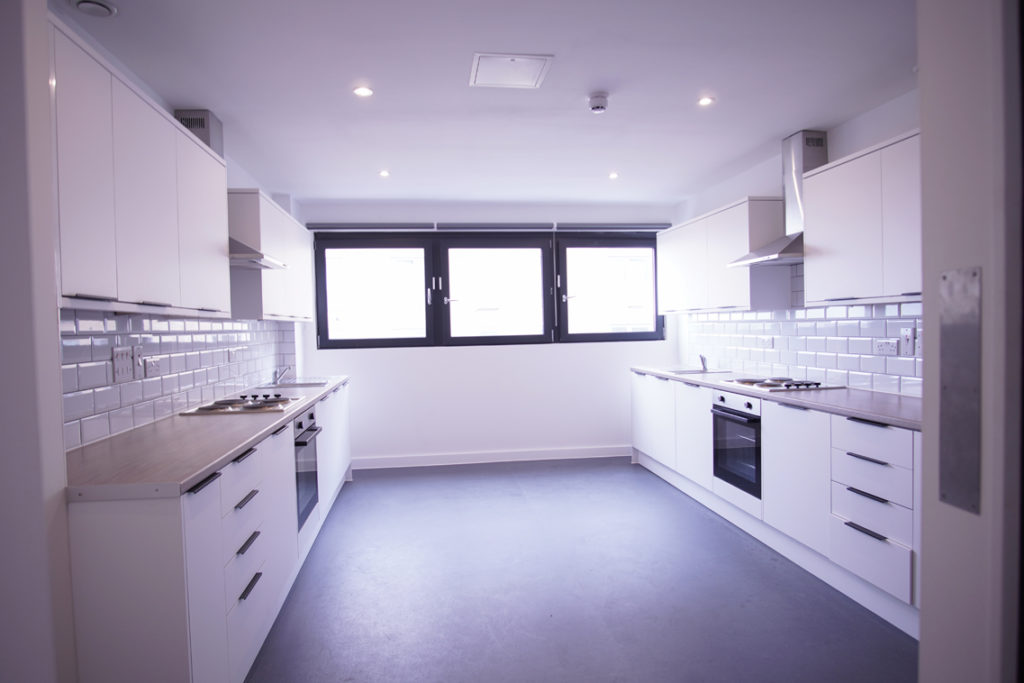
 Christopher Philippou, Chief Operating Officer at Stef & Philips, discusses building a better society through public-private partnerships.
Christopher Philippou, Chief Operating Officer at Stef & Philips, discusses building a better society through public-private partnerships.
The UK’s public sector is facing a funding crisis and wavering stability. This year, the Government announced £28bn worth of budget cuts, impacting public services from health and social care to homelessness outreach and library facilities. In August, the BBC’s Shared Data Unit revealed the average council is facing a £33m deficit by 2025/26.
With limited funding and increasing pressure on providers to deliver services, building a strong public-private partnership can help public organisations address budget shortfalls and secure a future for much-needed resources.
Public-private partnerships enable a “best of both worlds” scenario where each sector can play to its strengths. The public sector focuses on supporting society, bringing processes, regulatory oversight, and a wealth of data. Meanwhile, the private sector — the driver of economic growth — is more likely to be agile and innovative. Combining these resources enables the two sectors to work towards addressing common challenges, the resolution of which stands to benefit everyone.
One area where we have seen this collaboration in action is with social housing; Stef & Philips works with more than 60 local authorities, housing associations and charities to support more than 5,500 residents in a range of properties. Private investment into the sector has increased significantly over the past five years, with Big Society Capital’s market data report finding that social and affordable housing now accounts for almost half (48%) of the UK’s social impact investment market.
This trend is set to continue, with recent JLL research finding that the social housing sector will comprise 23% of privately-owned rental accommodation by 2025.

Access to funding
Addressing the shortage of affordable housing in the UK requires an estimated £250bn, and a significant benefit of a robust public-private partnership is more funding.
Private investment can bring in extra resources to supplement the public funds provided by the authorities, which in turn can improve services to attract further private investment.
A successful partnership means a win for both parties — the public sector gets extra funding, and major issues such as housing shortages, and the wider impact on issues including health and homelessness, are addressed. On the other hand, investors receive reliable returns from the project, which is particularly true in the housing sector.
The social housing sector showcases the opportunities for innovation and efficiency that public-private partnerships can bring, including new construction techniques, more sustainable materials, and better, more streamlined customer service.
According to Big Society Capital’s report, the value of the UK’s social impact investment market was £7.9bn at the end of 2021, of which £3.9bn was in housing — meaning hundreds of homes have been made available that otherwise would not have been, directly impacting the lives of thousands of residents.
Engaging with communities
A tenant-first collaboration between the public and private sectors is not just about the houses themselves, but communities as a whole. Analysis from the building research establishment found that investing in england’s lowest-quality housing stock could yield over £135bn in societal benefits, including better health and education outcomes and reduced pressure on additional public services.
At stef & phillips, we manage more than 3,800 units, including individual houses, flats, Hmos, and sites. By partnering with private investors, we are able to deliver a range of accommodation types for local authorities, housing associations and charities. This includes emergency, temporary and move-on accommodation, accessible units and specialist solutions for mother-and-baby, care leavers, domestic abuse victims, rough sleepers, LGbtQ+ residents and their families.
The importance of strong relationships between the public and private sectors cannot be overstated. by allowing each party to play to their strengths, local authorities and businesses can come together to achieve outcomes that they never could alone. public-private partnerships offer a platform to benefit from collective wisdom, resources, and expertise, ensuring a sustainable, inclusive, and bright future for societies worldwide. By building these relationships now, we can take the first step in tackling some of the greatest challenges of our time.
Header image ©Uuganbayar/AdobeStock








